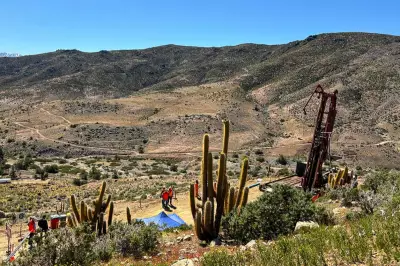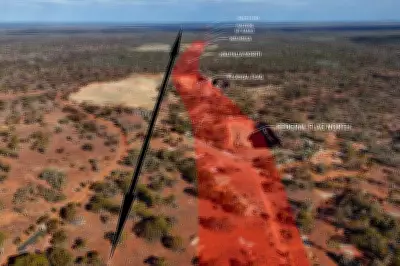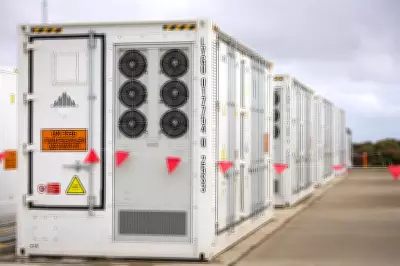
Australia's largest financial institutions are facing intense criticism following revelations they continue to profit heavily from fossil fuel investments despite public climate commitments. A comprehensive new report has exposed the staggering scale of funding that the Big Four banks provide to coal, oil, and gas projects.
Billions in Fossil Fuel Financing Exposed
The detailed analysis, released by Market Forces and supported by extensive environmental advocacy groups, shows that ANZ, Commonwealth Bank, NAB, and Westpac collectively earned approximately $7.5 billion from fossil fuel activities during the 2023-2024 financial year. This substantial profit comes despite all four institutions having made public pledges to achieve net-zero emissions by 2050.
ANZ emerged as the most significant financier of fossil fuels among the major banks. The report indicates the bank provided $1.4 billion to new fossil fuel projects and companies during the reporting period. Commonwealth Bank followed with approximately $700 million in new fossil fuel financing, while NAB and Westpac each contributed around $500 million to such projects.
Environmental finance analyst Kyle Robertson expressed serious concerns about the findings. "These banks are attempting to present themselves as climate leaders while simultaneously bankrolling the very industries driving the climate crisis," Robertson stated. "The disconnect between their public statements and financial activities is both alarming and unacceptable."
Climate Commitments Versus Financial Reality
The timing of this report is particularly significant, arriving just weeks before crucial international climate negotiations. Climate activists and concerned citizens are increasing pressure on financial institutions to align their investment strategies with global climate goals.
All four banking giants have established policies that theoretically restrict funding for new coal projects. However, the investigation reveals these policies contain substantial loopholes that allow continued support for existing coal operations and new gas developments. Climate experts emphasize that gas, while often marketed as a transition fuel, remains a significant source of emissions that undermines climate targets.
Market Forces campaigner Pablo Brait highlighted the urgency of the situation. "Every dollar invested in fossil fuel infrastructure locks in emissions for decades to come," Brait warned. "Australian banks have a critical role to play in either accelerating or preventing climate catastrophe through their investment decisions."
Growing Pressure for Sustainable Banking
The revelations have sparked outrage among environmental groups and climate-conscious consumers. Protests are being organized outside bank branches across major Australian cities, with activists demanding immediate divestment from fossil fuels and increased transparency about lending practices.
Consumer advocacy groups report a noticeable increase in customers inquiring about switching to more environmentally responsible financial institutions. The Customer Owned Banking Association has noted a 15% rise in new account openings at member institutions that have explicit policies against fossil fuel investments.
Financial regulators are also paying closer attention to climate-related financial risks. The Australian Prudential Regulation Authority has repeatedly warned that climate change poses significant risks to financial stability, and banks must adequately manage their exposure to carbon-intensive assets.
As the evidence mounts and public pressure intensifies, the Big Four banks face a critical choice: continue profiting from fossil fuels in the short term or demonstrate genuine leadership in the transition to a sustainable economy. The coming months will reveal whether their climate commitments represent meaningful action or merely empty promises.





